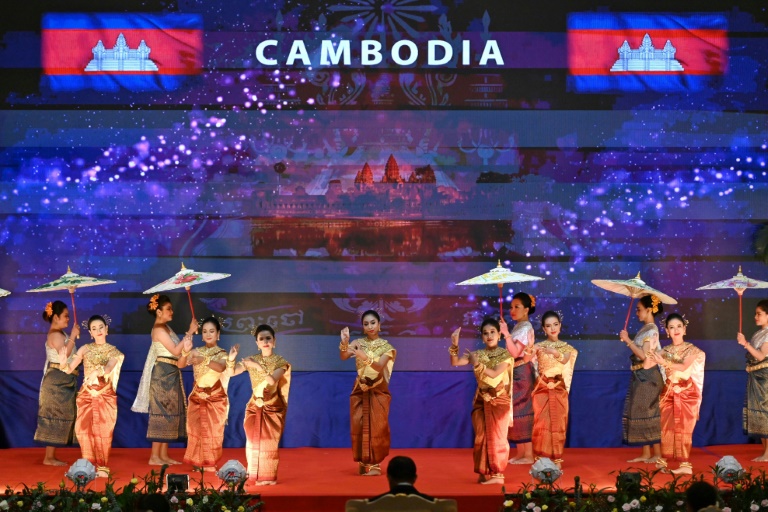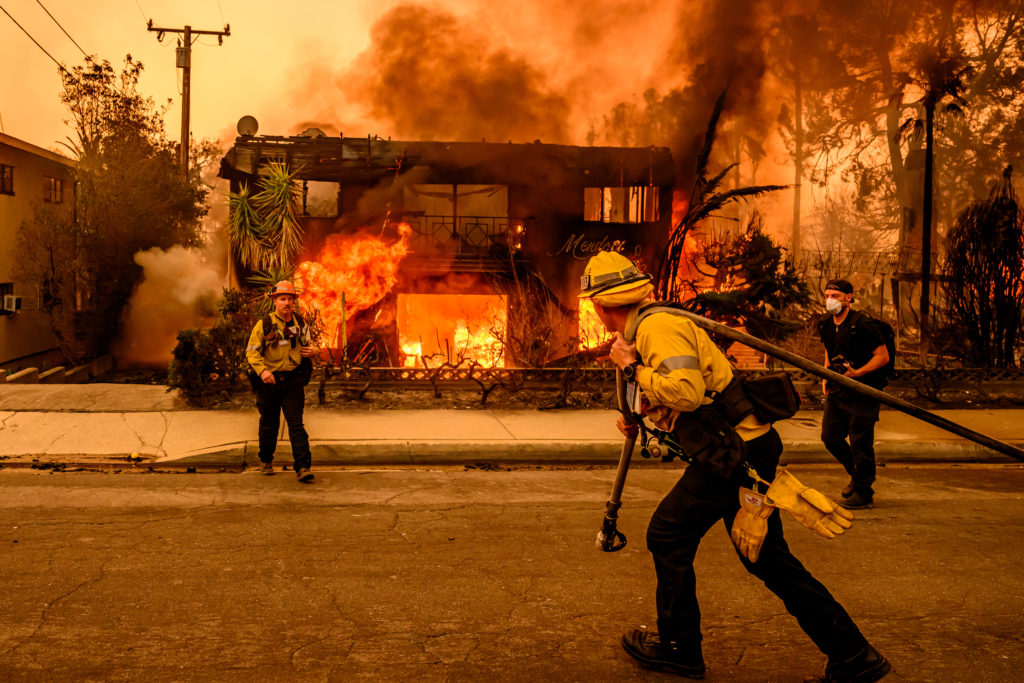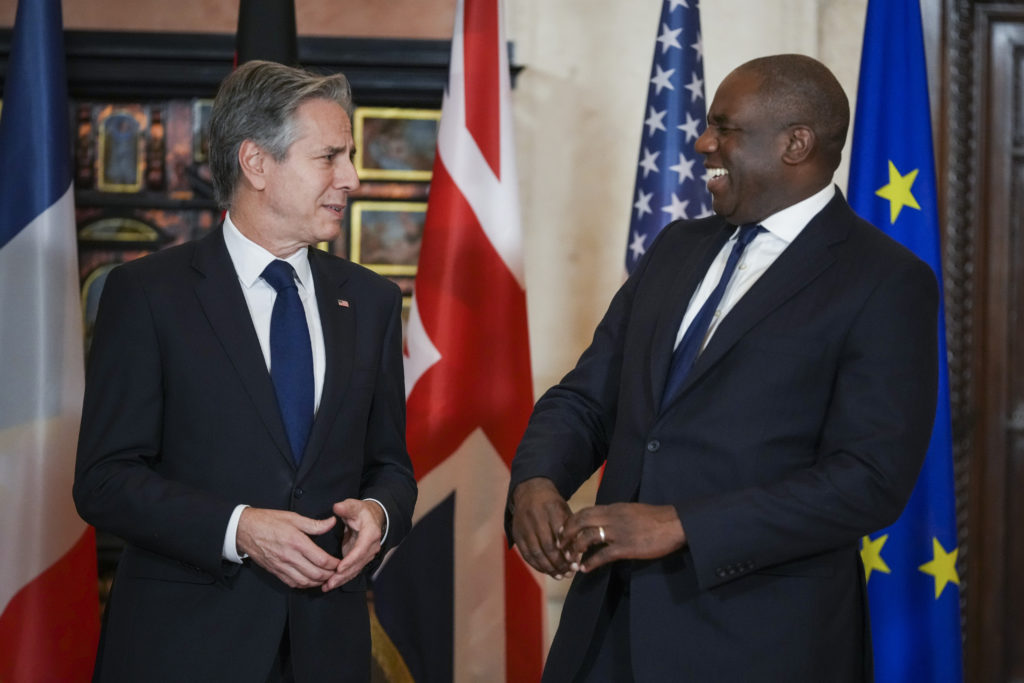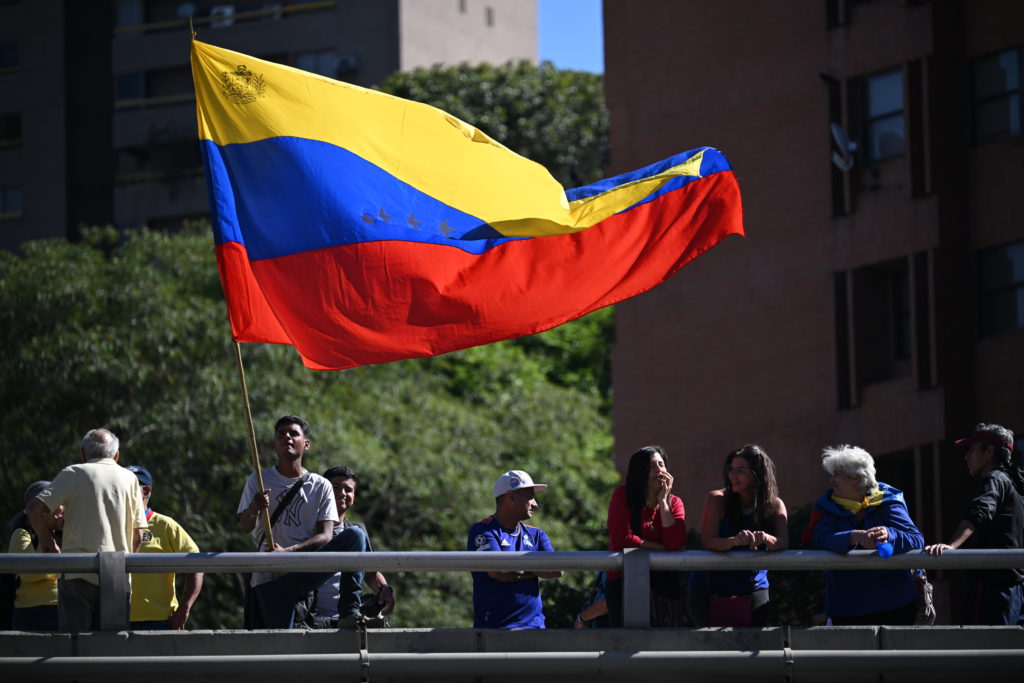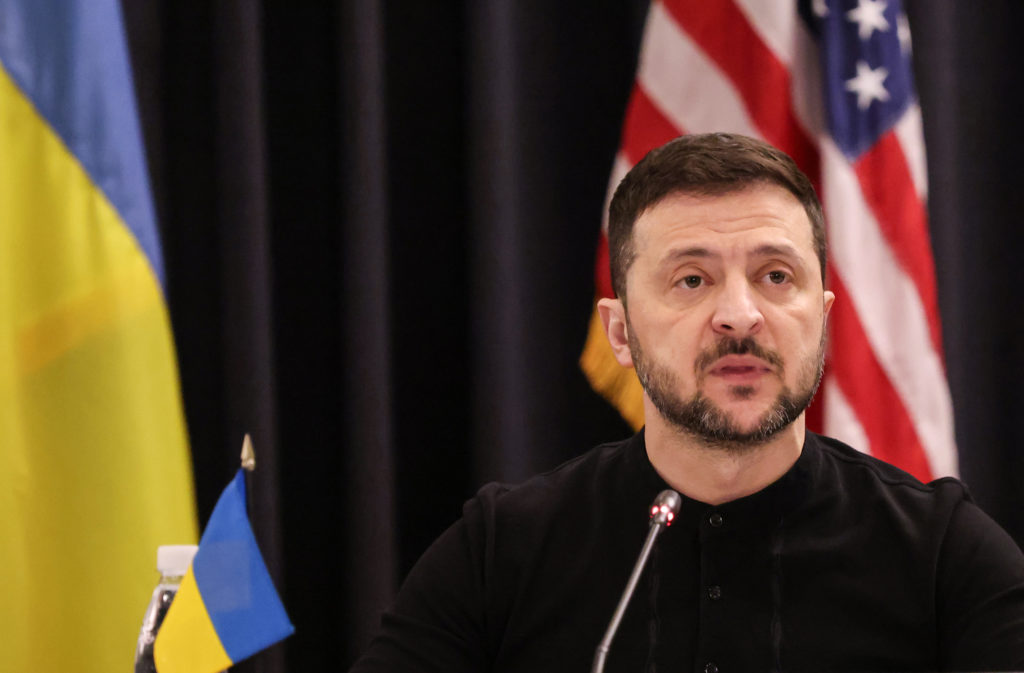Southeast Asian nations Wednesday urged restraint over Taiwan after US House Speaker Nancy Pelosi’s visit to the island prompted an enraged China to vow “punishment”.
Pelosi’s dramatic trip to Taipei, defying stark threats by China, overshadowed a meeting of Association of Southeast Asian Nations (ASEAN) foreign ministers in Phnom Penh, which had been expected to focus on the bloody crisis engulfing Myanmar.
ASEAN spokesman Kung Phoak, Cambodia’s deputy foreign minister, said ministers at the closed-door talks — meeting face to face for the first time since the pandemic — had expressed concern over “growing tension in the Taiwan Strait.”
“We hope that all sides will try their best to deescalate the tension there, avoid actions that may contribute to the escalation of tension and engage in dialogue,” Kung Phoak told reporters.
Malaysia and Thailand echoed the calls for calm, with Malaysian Foreign Minister Saifuddin Abdullah urging all sides to tread “very carefully”.
Thai foreign ministry spokesman Tanee Sangrat said the kingdom called for “utmost restraint” and warned against “any actions that would aggravate tensions”.
Attention will now turn to Chinese Foreign Minister Wang Yi and his American counterpart Antony Blinken who will join ASEAN and other ministers for regional security talks on Thursday and Friday.
On Wednesday Wang slammed the trip by Pelosi — the highest-profile elected US official to visit Taiwan in 25 years — as a violation of Chinese sovereignty.
“Those who play with fire will not come to a good end, and those who offend China will be punished,” he warned in an interview in Phnom Penh with Chinese state media.
China considers self-governing Taiwan a part of its territory to one day be reclaimed, by force if necessary.
The 10-member ASEAN bloc is split between countries with close ties to China, such as Myanmar, Cambodia and Laos, and others that are warier of Beijing and its growing international assertiveness.
But no ASEAN country formally recognises Taiwan and none have shown an appetite for backing Taipei against the communist giant.
– Myanmar execution warning –
Cambodian Prime Minister Hun Sen, opening the meeting as chair of ASEAN, condemned Myanmar for executing four prisoners last month in defiance of widespread international pleas for clemency.
Myanmar was plunged into violent turmoil when the military seized power last year, ousting Aun San Suu Kyi’s civilian government. The death toll from the subsequent junta crackdown has passed 2,100, according to local monitors.
ASEAN, long derided as a toothless talking shop that gives political cover to repressive regimes, has spearheaded thus far fruitless efforts to restore peace and voiced anger at the hangings.
Hun Sen said the bloc was “disappointed and disturbed” by the executions and warned that further use of capital punishment would mean a “rethink” of the five-point peace plan agreed to last year with Myanmar.
The plan calls for an immediate end to violence and dialogue between the junta and coup opponents.
Malaysia, which has been leading a push to get tough on Myanmar, is demanding concrete progress on the framework ahead of an ASEAN summit later this year.
Foreign Minister Saifuddin said last month’s executions were “like a slap”.
“They are making a mockery of the five-point consensus, there is no respect to the ASEAN leaders, there is no respect to the ASEAN chair,” he told reporters.
Myanmar itself was not represented at the meeting after the other members said they would not accept a junta minister and the generals refused to send another official instead.
In a highly visible snub to the regime, a place was set for the Myanmar delegation at the negotiating table, complete with flag, and the chair left empty.
– South China Sea –
In addition to Taiwan, the ongoing South China Sea tensions will be another hot-button issue on the agenda.
Beijing claims most of the sea — with competing territorial assertions from Brunei, Malaysia, the Philippines, Taiwan and Vietnam.
Cambodia — a key Beijing ally — last hosted ASEAN in 2012 and was accused of siding with China over the disputed and resource-rich waters, resulting in no communique being issued.

